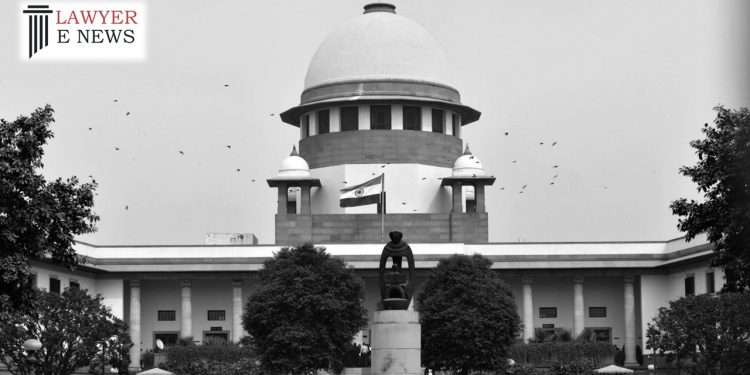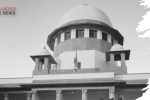Supreme Court Upholds Natural Justice and Audi Alteram Partem Principles in Banking Fraud Classification: “Failure to Observe Rule of Audi Alteram Partem Renders Decision Violative of Natural Justice” – SC

In a significant ruling, the Supreme Court of India has upheld the principles of natural justice and audi alteram partem in the classification of banking fraud. The court emphasized that the failure to observe the rule of audi alteram partem renders the decision violative of natural justice, stating, “The borrowers must be served a notice, given an opportunity to explain the findings in the forensic audit report, and allowed to represent before their account is classified as fraud.” This landmark judgment aims to ensure fairness, transparency, and procedural propriety in cases involving the classification of accounts as fraud by lender banks.
The court highlighted the importance of providing an opportunity for the borrowers to explain the evidence against them and be informed of the proposed action before classifying their accounts as fraud. The judgment emphasized that the mere participation of the borrowers during the forensic audit report’s preparation does not fulfill the requirements of natural justice. The court further ruled that the decision to classify the borrower’s account as fraud must be made by a reasoned order, allowing the borrower to challenge any extraneous or perverse reasons that may have influenced the decision.
Citing Article 14 of the Constitution, the court stated, “The principles of natural justice have a universal application and constitute an important facet of procedural propriety… A violation of a principle of natural justice by a state action is a violation of Article 14.” The court held that administrative actions with significant civil consequences must adhere to the principles of natural justice, including the rule of audi alteram partem. It also stressed that the Master Directions on Frauds, which govern the classification of accounts as fraud, must be read in accordance with these principles.
Moreover, the court rejected the argument that providing an opportunity of hearing to third parties while denying the same to borrowers was manifestly arbitrary. It highlighted the distinction between borrowers as the main perpetrators of fraud and third parties as mere facilitators. However, this distinction did not affect the court’s conclusions regarding the necessity of observing natural justice principles.
Date of Decision: March 27, 2023
State Bank of India & Ors VS Rajesh Agarwal & Ors





